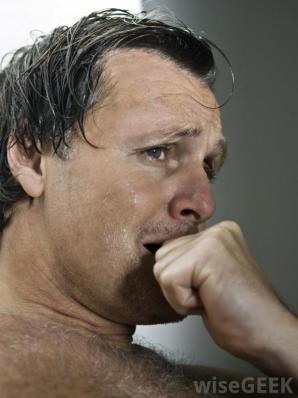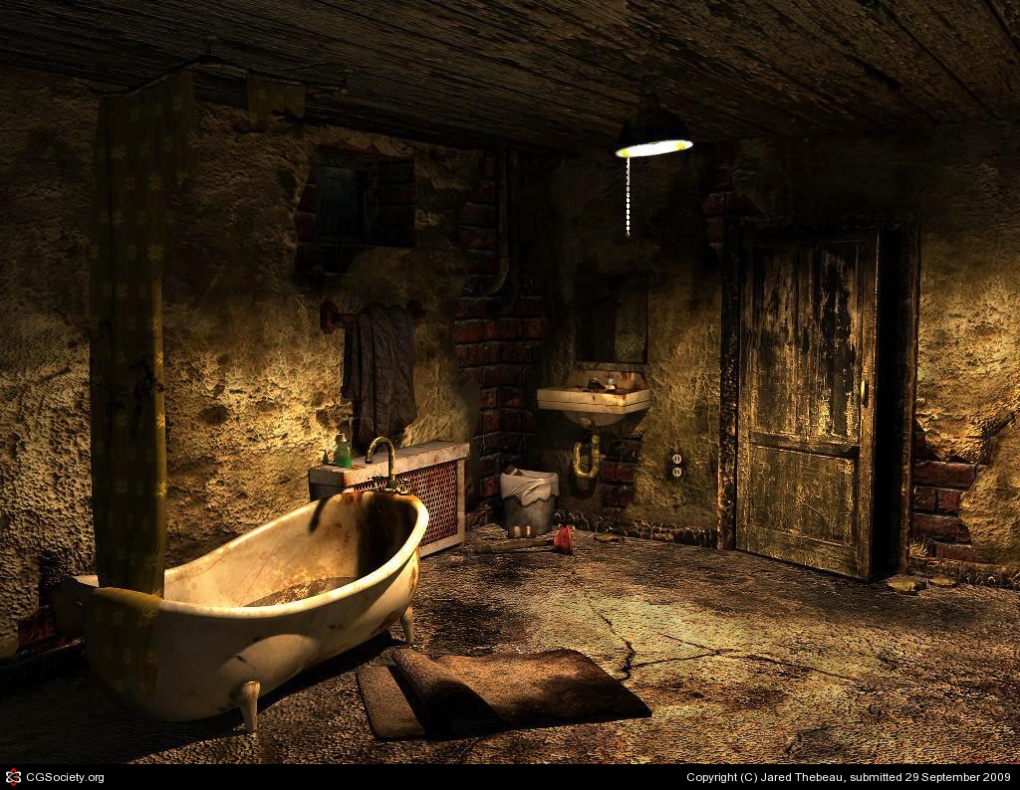It has been a while since part 2, we have had BSides and InfoSec Europe, and it has been a busy time in the day job. Nonetheless, here is the last part of three of “Art of the Presentation” (abridged version) for your edification and delight.
Part 3 is about the actual delivery of your presentation. This is where your deck and your practising come together in perfect harmony to deliver something that is memorable, engaging and above all educational. I believe there are seven key areas that need to be taken into account and addressed, either on the day or mentally before you deliver your presentation.
Presentation Aids
The simplest presentation aid you need is a is a ‘clicker’ remote. You can spend anything from £10 to over £100 on one of these. For your time, I would suggest something in between that, by Logitech or Targus who produce good solid devices. Cheaper devices are not always reliable and will often chew through batteries, the last thing you want live on stage. Personally, I use the Logi Spotlight presentation remote, which has a few bells and whistles such as a built in timer. Moving backwards and forwards from your presentation laptop looks amateurish and breaks the flow of your performance.
You may think you need notes or crib cards as well, my one word of advice is “Don’t”. As I have mentioned before they are a crutch that you will rely on far too much and they remove the natural flow of your presentation. If your nerves (see below) are getting the better of you and you absolutely must have something just in case, have your notes typed up in a large font and very clear markings as to what slide relates to what notes fold them up and keep then on the lectern out of reach (again see below). Once more, avoid this if you can.
Technical Setup
Things to ascertain up front are if you are using your own laptop or the organisers. Using their laptop and sending your Powerpoint or Keynote in advance doesn’t guarantee that your deck will display correctly. Missing fonts, different versions of the software etc.. Making sure you check that your beautifully crafted deck still looks beautiful when up on the screen on stage means you won’t be surprised when you get on stage. Any decent organisers will work with you to find time to not only check if your deck looks good, but also to test your own laptop if need be. If using theirs, they should also provide presentation remotes for their own laptops as well.
If you are using your own laptop, make sure to bring every type of a/v adapter you need, but it boils down to three types:
These are in increasing order of preference; VGA is an old standard now, but most commonly used. HDMI is the easiest to use and requires the least amount of setup as it operates around a strict standard. More often than I care to recall has the use of VGA and a misconfigured projector or LCD screen resulted in my slides looking stretched and distorted: Heartbroken!
Staging
This may not seem very obvious, but you also try and stand on the stage for a few minutes and walk around it while testing your slides. Set up your laptop if possible so you can see the screen for the next slide etc. and then walk the stage so you know where you can see your screen and where you can’t. The larger conferences will often have a comfort screen at the front that shows your on screen slide, and on rare occasions (when using their own equipment) even have it as a secondary screen.
Walking the stage also ensures your presentation remote will still work at the furthest distance from your laptop; the last thing you want is to lose connection while you are in the middle of your flow. Finally you can also ensure you are at least aware of any trip hazards on there such as loose carpeting or cable runs.
Nerves

There is no getting away from it, but except in very rare cases you will be varying levels of nervous prior to your moment in the spotlight. Nerves are good as they will sharpen your performance, but too much and your performance will rapidly tail off. I recall early in my speaking career physically shaking and attempting to come up with an excuse to not present; it took all the energy I could muster to go on and deliver that day!
One exercise I do can be done very easily, either standing or sitting. Start by slowly clenching your fists until you are squeezing them as hard as you can. Hold this for as long as possible or up to 30 seconds, then very slowly start unclenching your hands. As your figures open, feel the tension release in your forearms and slowly breathe out. Do this 2 or three times and you should find the tension in your body ease a little, as well as feeling somewhat calmer. It isn’t a panacea, and you may well have your own trick for this, but I find it can help you prepare your body for the upcoming performance.
Movement and Oral Delivery
Depending on who you talk to, there is conflicting advice on how you should present from the stage. I was involved in some formal public speaking training a few years back, and their guidance was to stand still, and avoid any kind of arm movement. Not my style at all!
With that said, an movement around the stage should be paced and deliberate, as if you are consciously trying to address a different corner of the audience. Pacing backwards and forwards makes you look nervous, as does rocking on your heels, stepping backwards and forwards as if rocking, etc.. Identify a spot on the stage that is your “base” and plant your feet squarely in it. When you walk around, do so, especially when emphasising certain point, and especially when involving the audience. The return to your spot. The trick of course is to try and make sure you don’t look like a wind up toy, but rather a natural sequence of movements.
Using your hands is perfectly acceptable, as you can use them to emphasis you points, and even put across your emotions and feelings about certain areas. Be aware however, that sometimes you will need to use a handheld microphone, and if you haven’t practised not moving your arms it can very easily distract you, especially as your other hand will have a presentation remote in it.
Q&A
There are three things to remember here; firstly don’t expect to know the answer to every question, and say so when you get a question you can’t answer. Promise to follow up with the individual, and if you have social media accounts or other means of sharing further information with your audience then use it to publicly do so.
Secondly, always repeat the question. Not everyone will have heard it and your repeating of it through the microphone will help. This also has the added bonus of giving you more time to consider your answer.
Finally, always do your best to call out “more of a comment than a question” type of questions. depending on your style either call it out as not a question, or say it is too complex to answer easily now so you will catch up with them afterwards. These types of questions will almost always derail any Q&A session.
When it all Goes Wrong
What if you freeze, or your slides stop working, or you get lost in the presentation, or your trousers fall down or something awful happens?, well, always make sure you have a plan. It may be as simple as always going back to the previous slide to pick up where you last knew what you were talking about, or even having your slides on an iPad (with he correct A/V adapters if possible, or having a routine to check your clothing before you walk on stage.
Remember, there will be very few people in the audience willing you to fail. Virtually everyone is on your side, and hoping you will educate and entertain them. They will be very accommodating and accepting of mistakes. This accommodation does not last forever however. If you constantly fail to deliver in subsequent talks because you haven’t learnt anything g or failed to seek help, your reputation will precede you.
Take every mistake as a learning experience, and over time, you will find yourself learning less and even teaching more.
The Golden Rule
This is part eight of my seven part list. Bear with me.
Never, ever, run over time. Anything more than 30 seconds is going to affect the timings of the rest of the day. Unless an organiser explicitly asks you to continue past your time you need to get off stage so the next speaker can get on.
You can however finish early; a good conference will find ways of filling the gap, either stepping up to ask questions when no one else will, or even filling the space themselves.
So there it is, three parts to help you in your public speaking career. I hope some of you found it useful, and as always you can reach out to argue with me or come up with other tips. Thanks for listening!










